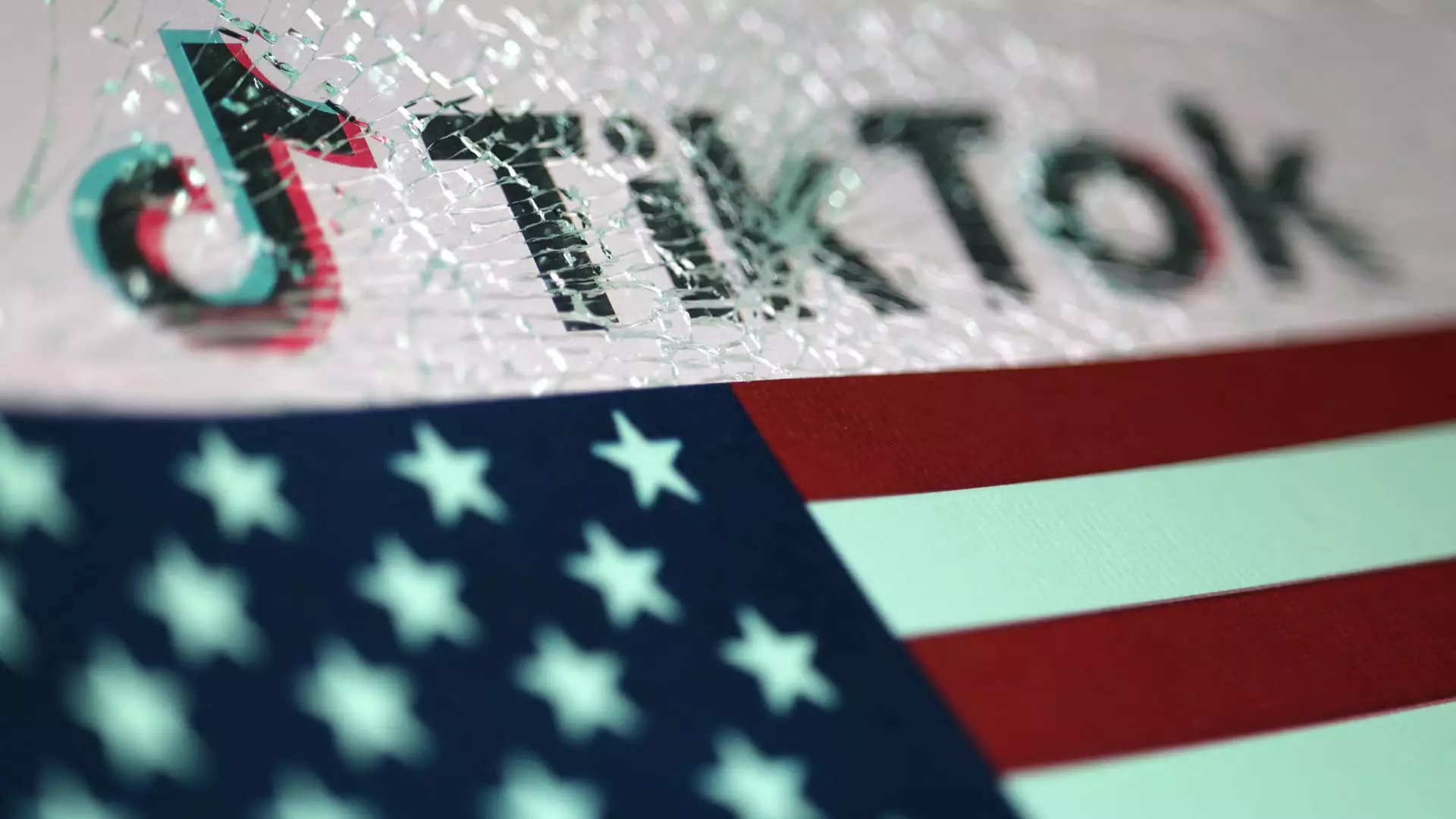In a world increasingly governed by social media dynamics, TikTok’s recent challenges in the United States underscore the intricate relationship between technology, politics, and public opinion. With President-elect Donald Trump signaling plans to sign an executive order that could postpone the app’s ban, the future of TikTok has been thrust into uncertainty once more. This situation exemplifies the broader theme of how government policies can influence popular platforms that engage millions of users, creating a web of implications for free speech and economic activity.
Restoration and Restrictions
After a brief period of unavailability, TikTok announced it was restoring access to its services for American users, citing “clarity and assurance” provided by the incoming administration. This quick reversal highlights the volatile nature of digital platforms functioning within regulatory frameworks. As TikTok reinstated its services, the social media app’s statement extolled the decision as a “strong stand for the First Amendment,” framing the issue not only as a corporate concern but as a matter of constitutional rights. Indeed, the rhetoric of censorship and free expression resonates deeply in a socio-political environment that has become increasingly contentious.
Nonetheless, the temporary reprieve does not eliminate the shadows of the overarching ban. The law, rooted in fears surrounding national security and foreign influence, threatens to penalize tech giants for their association with TikTok. This reality crystallizes the numerous complexities companies face when operating amidst global pandemic concerns, geopolitical tensions, and ever-evolving technological landscapes.
The Supreme Court’s recent decision to uphold a ban further complicates TikTok’s situation. Despite its efforts to assure users and stakeholders alike, the company’s future hangs in the balance as it contends with both legal and political pressures. The ruling effectively places TikTok in a precarious position, as its parent company ByteDance remains reluctant to part with the popular app, thwarting suggestions of a possible American stake in the business.
This tension brings to light broader implications for international business operations within U.S. borders, particularly for companies with ties to countries that may be viewed unfavorably by American lawmakers. Such a stance raises critical questions about ownership, control, and the impacts of globalization on local economies. With over 7 million small businesses relying on TikTok for their reach and marketing efforts, any disruption could have significant ripple effects across the economic landscape.
As discussions between TikTok executives and future administration officials unfold, a route to a long-term solution remains uncertain. Although Trump’s proposal hints at potential collaboration, the lack of definitive plans from ByteDance to divest or adopt a joint venture model leaves many unanswered questions.
Ultimately, the future of TikTok in the U.S. appears to be a microcosm of larger, ongoing debates regarding digital privacy, corporate responsibility, and government regulation. The outcome will likely resonate beyond just one app, influencing how future technologies engage with the regulatory frameworks meant to govern them. As the situation develops, it will be essential to watch how TikTok navigates the intertwining elements of policy, public sentiment, and economic viability.

